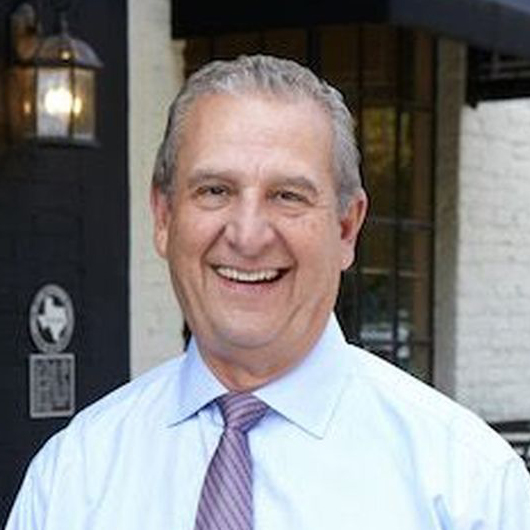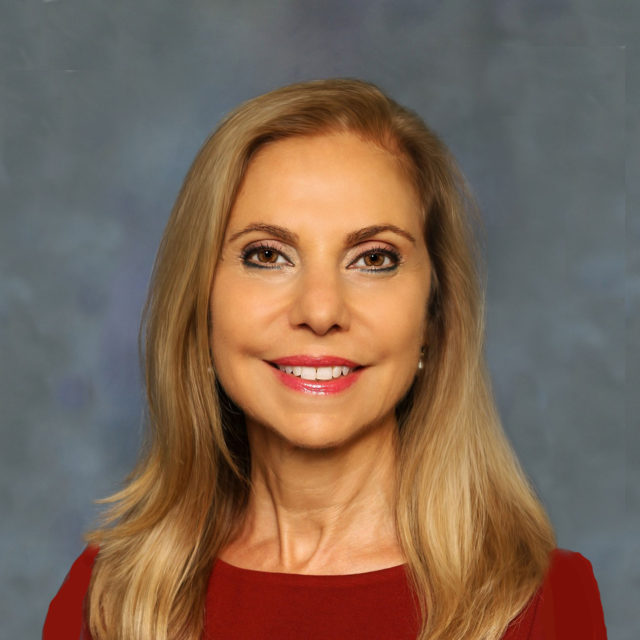PART 10 OF A 10-PART SERIES
Managing Dry Eye Patient Expectations and Concerns
In this, Part 10 of our series, Real-World Answers From Experts in Dry Eye Disease, we discuss how Dry Eye Disease puts added pressure on the practice to manage patient expectations from the first appointment forward.
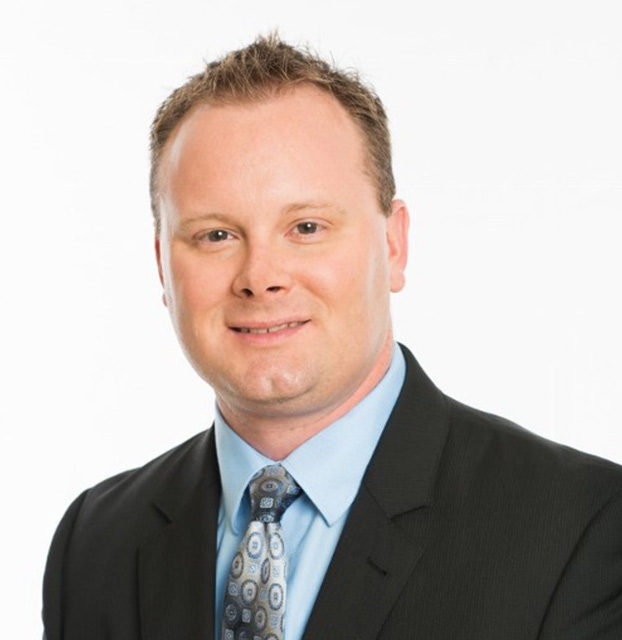
Jerry Robben, OD
Jerry Robben, OD
Bowden Eye & Associates
Jacksonville, Florida
Dr. Robben is the Chief Optometric Physician at Bowden Eye & Associates. He is also an Adjunct Assistant Professor at Arizona College of Optometry. He is a Founding Partner of Dry Eye University and a Founding Member and contributor of Dry Eye Access. He attended graduate school at Nova Southeastern University in Fort Lauderdale, Florida, where he received a second bachelor’s degree in Vision Science and his Doctorate in Optometry. During his externships, Dr. Robben had extensive training in binocular vision disorders and vision therapy. He also focused on pediatric care, contact lenses, low vision, and ocular disease. With a background in clinical education, Dr. Robben started a student doctor externship program, and is also an Adjunct Clinical Assistant Professor for the Arizona College of Optometry where he supervises the 4th Year Optometry Resident Doctors who are completing their externships for graduation. Dr. Robben is a leader in the treatment and management of Dry Eye Disease and has been recognized as a national speaker and educator on the subject. He frequently speaks in educational settings for optometrists, technicians and ophthalmologists across the country.
As a chronic, progressive, incurable condition, Dry Eye Disease presents both the patient and practice with unique challenges.
Moderated by Dr. Jerry Robben
In our last article, Part 9: Patient Objection Handling in Dry Eye Disease, we learned about how to handle some unique Dry Eye challenges when patients pushback on their responsibilities. In this article, we will discuss how to manage your Dry Eye Disease patient’s expectations and concerns.
While there are other chronic, progressive eye diseases, such as glaucoma, many of these conditions are symptom-free. Dry Eye Disease, unfortunately, is not symptom-free. Patients are forced to deal with the pain and inconvenience of their condition every day. And as it progresses from mild to moderate to severe, Dry Eye Disease puts added pressure on the practice to manage patient expectations from the first appointment forward.
How do you manage a patient who may feel his or her treatments “don’t work” and who is desperate for answers?
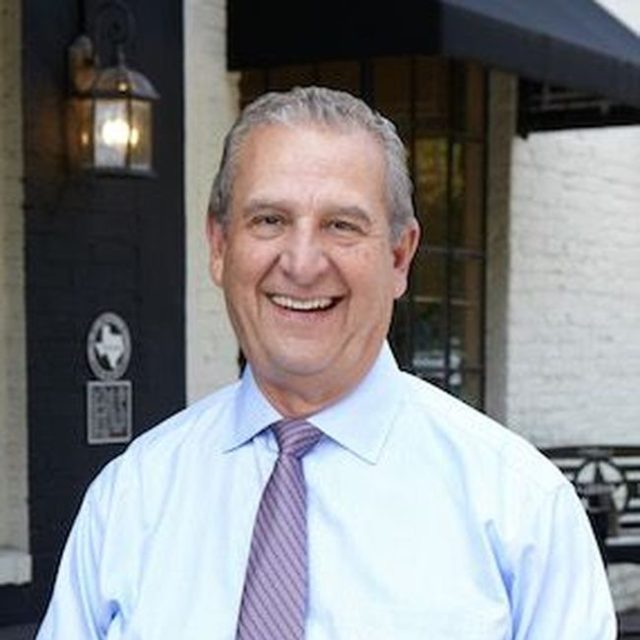
Art Medina, OD
Art Medina, OD
Medina Eye Care
San Antonio, Texas
Dr. Arthur A. Medina Jr. was born and raised in San Antonio, Texas and attended Central Catholic High School. He received his doctorate of optometry in 1972. The University of Houston, College of Optometry, appointed him to the faculty.
Medina continued his postdoctoral training with Dr. Louis Girard, M.D, who chaired the department of ophthalmology at Baylor College of Medicine. That experience enhanced the philosophy that still serves as the foundation for his practice.
Dr. Medina opened his private practice in 1983, after a decade as an associate of two prestigious ophthalmological practices. His experience with pre and post-operative care of cataract and refractive surgery patients led to working relationships with leading ophthalmic surgeons throughout Texas and the western United States. His incredible passion for the profession and quality patient care led to unique relationships with renowned, like-minded national and international physicians.
Setting the tone in the initial visit is critical for situations like this. We never state that there is a cure for dry eye, only management. We will be in a constant pursuit to get the most realistic expectations. Depending on the patient’s current treatment plan, we may reevaluate current drops and explore ideas of internal factors that may be a contributing factor in “less than desirable” results. Examples that we use are that there is no cure for diabetes or certain autoimmune disorders. Using these helps the patient relate Dry Eye Disease to other medical conditions.
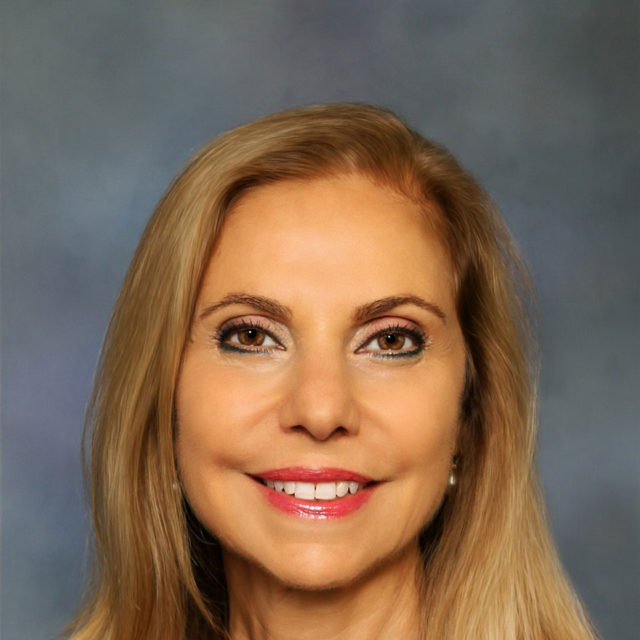
Cynthia Matossian, MD, FACS, ABES
Cynthia Matossian, MD, FACS, ABES
Matossian Eye Associates
New Jersey and Pennsylvania
Cynthia Matossian, MD, FACS, is the founder, CEO, and medical director of Matossian Eye Associates with multiple offices in PA and NJ. She specializes in refractive cataract surgery and dry eye disease. She was named one of Ocular Surgery News’ Premier Surgeon 300—an elite group of 300 premium refractive cataract surgeons in the US. She was the 2017 winner of the Ophthalmic World Leaders Visionary Award. She has been named one of the Top 25 Leading Women Entrepreneurs in New Jersey and one of New Jersey and Pennsylvania’s Best 50 Women in Business. She is a Clinical Assistant Professor of Ophthalmology (Adjunct) at Temple University School of Medicine. Contact Info: cmatossian@matossianeye.com.
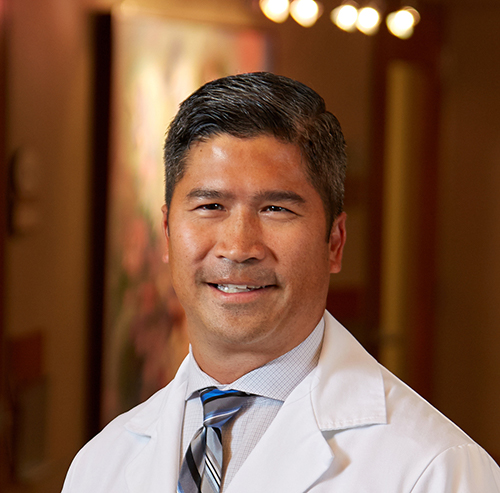
Walter Whitley, OD, MBA, FAAO
Walter Whitley, OD, MBA, FAAO
Virginia Eye Consultants
Norfolk, Virginia
Walter Whitley, OD, MBA, FAAO serves as the Director of Optometric Services and Residency Program Supervisor at Virginia Eye Consultants in Norfolk, Virginia where his practice encompasses ocular surface disease, glaucoma, surgical co-management, clinical research and the supervision of an extensive referral network. Dr. Whitley is a nationally recognized author and lecturer on topics ranging from ocular disease, surgical co-management, pharmaceuticals and practice management topics. He serves as Co-Chief Medical Editor for CollaborativeEYE and contributing editor for the Review of Optometry.
I discuss that, over time, the anatomy of their eye has changed. The oil glands over the years have stopped functioning, inflammation has set in, and, in some cases, permanent changes of the anatomy have occurred. I emphasize that, over the years, these have slowly worsened and eventually have caused symptoms to occur. The treatments need time to work and often need to be layered to be able to eventually lead to symptom improvement. I emphasize that Restasis® and Xiidra® work “behind the scenes” to alter biochemistry and help improve inflammation that helps prevent further damage. I tell patients when I start these medications that they may feel no difference at all, but it’s still important to continue them because of how they control inflammation, and this is so important to their care. With procedures, I emphasize that they are part of the treatment plan and not the cure, although they help many people. I think it’s very important that patients never lose hope that there are treatments that will work for their condition or that they will not always be suffering with dry eyes. I discuss the chronic nature of the disease and the need for frequent monitoring and ongoing treatment.
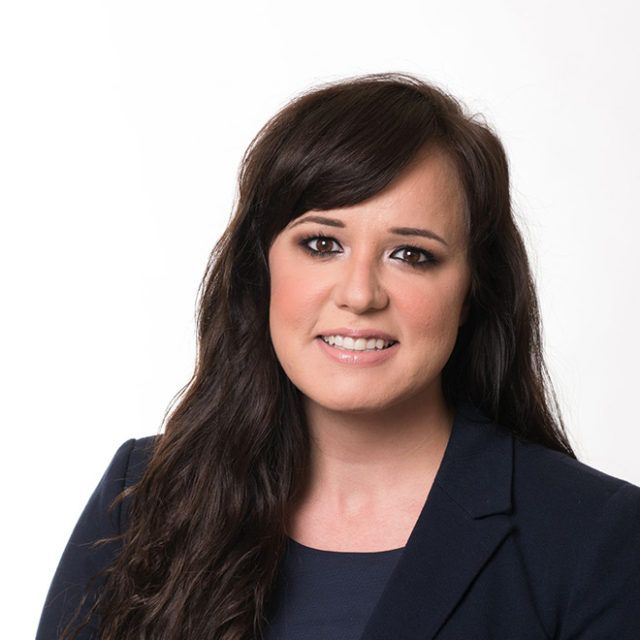
Sarah Darbandi, MD
Sarah Darbandi, MD
Bowden Eye & Associates
Jacksonville, FL
Dr. Sarah Darbandi is a fellowship trained cornea specialist. She is the Vice-President, Owner and Director of Aesthetic services for Bowden Eye & Associates. She is also a Founding Partner of Dry Eye University and a Founding Member, Advisory Board and Contributor of Dry Eye Access.
She attended Medical School at West Virginia University, then went on to residency in Ophthalmology at the West Virginia University Eye Institute. With her interest in corneal transplantation and refractive surgery, she then completed a fellowship in Albany, New York, in Cornea and Refractive Surgery. In 2015, she became partner and Vice President of Bowden Eye & Associates. Dr. Darbandi provides general ophthalmic care, custom cataract surgery, corneal transplantation, ocular surface reconstruction, and refractive surgery.
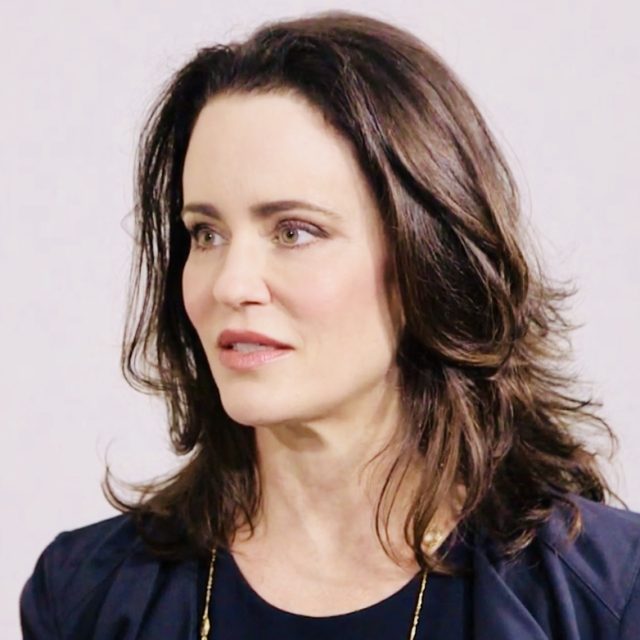
Laura M. Periman, MD
Laura M. Periman, MD
Evergreen Eye Center
Seattle, Washington
Laura Periman, MD is a board-certified ophthalmologist, fellowship-trained cornea and refractive surgeon and Ocular Surface Disease Expert. She knew she wanted to be a doctor since the age of 12 and always seen eyes as the key defining feature of every person. Her interests in molecular biology began with winning the Terry Spies Memorial Scholarship at the Oregon Regional Primate Research Center as an undergraduate at Willamette University in Salem, OR.
Her interests in immunopathophysiology took root during her work in Research and Development at Immunex Corporation in the Molecular Biology Department prior to attending medical school at the University of Washington in Seattle, WA. During medical school, she received the Rex and Arlene Garrison Oncology Fellowship, the Western Medical Student Research Committee Award for Excellence and was elected to the honor society, Alpha Omega Alpha. Upon graduation with honors, she also received the Georgianna Kirby Award for outstanding patient dedication and compassion.
Dr. Periman completed her Ophthalmology Residency as well as Cornea/Refractive Fellowship at the University of Washington in Seattle. She is an international lecturer on Ocular Surface Disease. She has nine peer reviewed publications, two chapters, a review article and independent study in press, and has written extensively on the topic of Ocular Surface Disease. Her unique and passionate perspective on OSD stems from her work in immunopathophysiology. She is an innovator and enthusiastic speaker who loves bridging the gap between basic science, clinical practice and patient compassion.
As Director of Dry Eye Services and Clinical Research at Evergreen Eye Center Seattle, WA she combines her clinical care passion, scientific drive and innovative creativity to provide first class Ocular Surface Disease management.
For more information on Dr. Periman, please visit her website www.dryeyemaster.com.
I would rather underpromise and overdeliver. I explain to the patient that their eyes didn’t get dry overnight and won’t get fixed overnight. This treatment plan is a marathon, not a sprint, but we never give up on patients unless they give up on themselves. If at first you don’t succeed, try, try again.
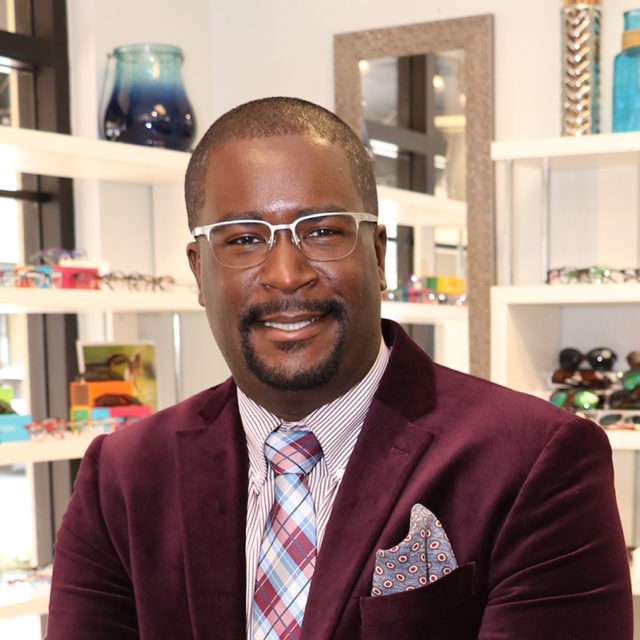
Adam Ramsey, OD
Adam Ramsey, OD
Iconic Eye Care
Palm Beach Gardens, Florida
Adam Ramsey, OD serves as the Medical Director of Iconic Eye Care in Palm Beach Gardens FL. Dr. Ramsey’s practice encompasses ocular surface disease, glaucoma, surgical co-management, macular degeneration care and diabetic eye exams. Dr. Ramsey is the current President of the Palm Beach County Optometric Association and is also the Vice-President of T. Leroy Jefferson Medical Society an affiliate of National Medical Association. He also serves as the Chief Optometric officer for Seminole Health Indian Reservation for the state of Florida servicing 3 locations.
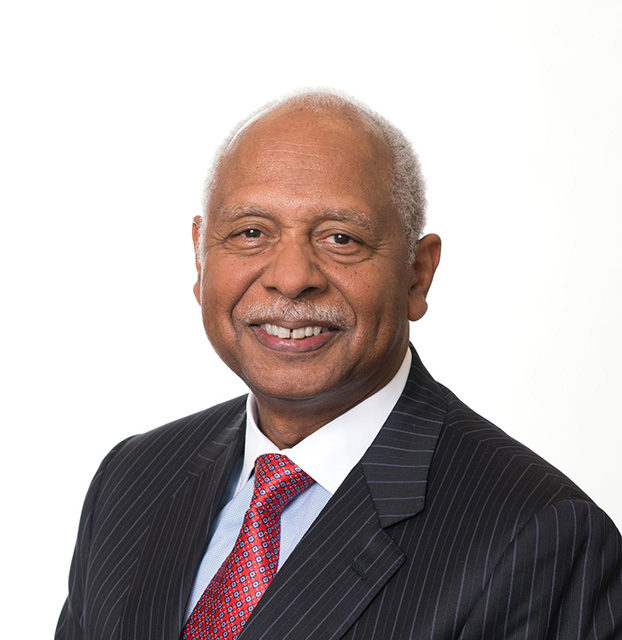
Frank W. Bowden, III, MD, FACS
Frank W. Bowden, III, MD, FACS
Bowden Eye & Associates
Jacksonville, FL
Dr. Frank W. Bowden, III, had his fellowship as a cornea specialist at Wills Eye. He is President, Medical Director and Founder of Bowden Eye & Associates, President and Medical Director of Eye Surgery Center of North Florida, LLC. He is also a Founding Partner of Dry Eye University and a Founding Member, Advisory Board and Contributor of Dry Eye Access. Previously, he was an Assistant Clinical Professor at University of Florida, Jacksonville.
Dr. Frank W. Bowden, III, founded Bowden Eye & Associates in 2001, focusing the practice on comprehensive eye care; custom cataract surgery; refractive and LASIK surgery; glaucoma surgery and laser therapy; treatment of Dry Eye Disease and other ocular surface disorders; corneal transplantation; and corneal and external diseases. As a fellowship-trained cornea specialist, he is uniquely qualified to treat Dry Eye Disease; corneal abrasions, inflammations, ulcers, scarring, injuries and infections; keratoconus; as well as pediatric corneal diseases. He also specializes in corneal transplantation using advanced techniques such as PKP, DSAEK, and DALK.
Look for coconspirators! Did the patient need meibomian gland probing prior to LipiFlow®? Show improvement in metrics from baseline to show that objective improvement is present despite subjective lag. It may justify additional expensive treatment options not yet suggested.
We have to spend a little time to define what “works” means. It means different things to certain patients (and doctors), and by redefining it in a meaningful way, we can improve patients’ perspective on their results.
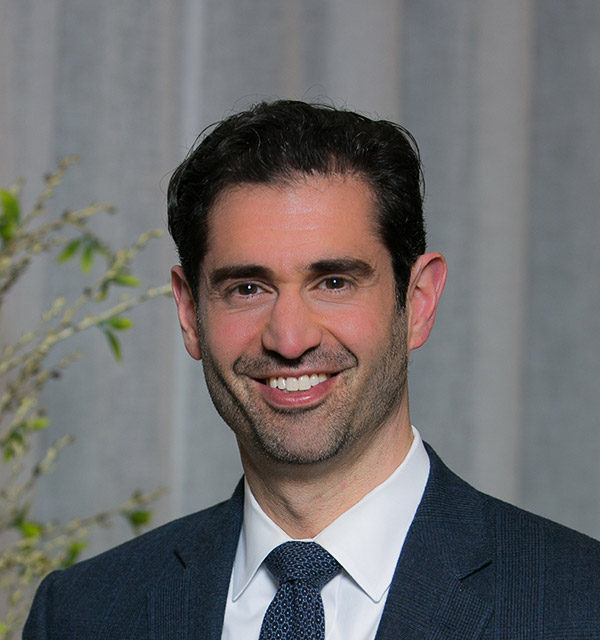
Richard Adler, MD, FACS
Richard Adler, MD, FACS
Belcara Health
Baltimore, Maryland
Dr. Richard Adler is an Assistant Professor of Ophthalmology at the Wilmer Eye Institute and Director of Ophthalmology at Belcara Health in Baltimore, Maryland. Dr. Adler completed his medical training and residency at Johns Hopkins as well as a fellowship in Cornea and External Disease at the Wilmer Eye Institute. Dr. Adler has published numerous papers and speaks nationally on topics related to the unique challenges of Dry Eye Management.
Dry Eye Disease can be frustrating to have and frustrating to treat, but it can also be very rewarding, as these patients genuinely need help. From the different approaches to managing expectations, it is easy to see that a commitment to educating the patient at every visit is foundational to managing concerns and expectations.

